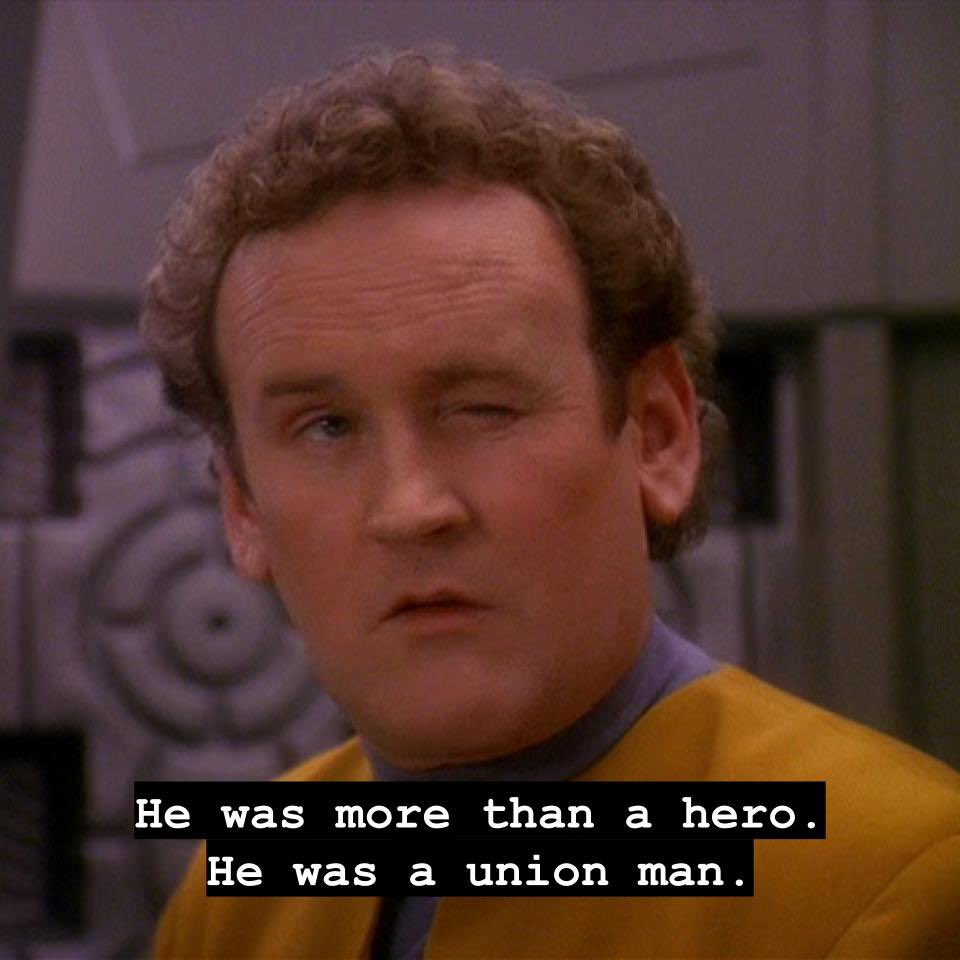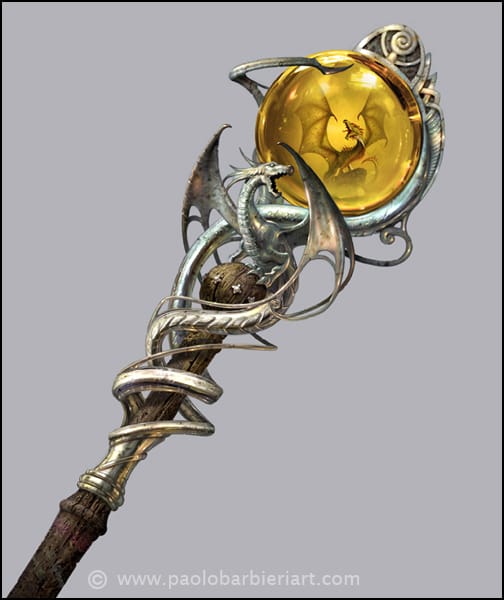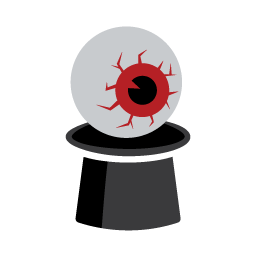Do you feel guilty when you read fiction some times? Do you feel like it’s a frivolous pursuit? Sometimes, I do, because I’d think to myself “might as well watch a TV show”, and I hardly ever watch TV shows because, to me, they’re a waste of time. But damn it, some of these novels are so good and I can’t stop once I started reading them.
Enjoying one’s self is never a waste of time, friend. Read what you enjoy reading.
Very true, but I still think over doing it would be a waste of time. Maybe that is just me, you know?
I think you have a lot of unconscious biases you’re accepting as fact. Were Van Gogh’s paintings not worthwhile because they weren’t photorealistic? Were the Beatles overrated because they didn’t actually live in a Yellow Submarine? There’s nothing wrong with fiction, and there’s nothing wrong with television either. The quality of an artwork is not determined by its medium.
Waste of time for what goal? Don’t you ever do things just because you enjoy them? Is it a waste of time to pet a dog or watch a sunset if you enjoy it?
Believe it or not, yes, I do, but not that much. So, you’re right. That would be (I don’t know the right word) hypocrite of me to discriminate against reading only.
It’s definitely not just you but you shouldn’t feel bad about it.
Ok then, after Fairy Tale I’ll either read King’s dark tower series or Malazan.
Hell no.
Fiction is just as, if not more, valuable as non fiction. Stimulation of the mind needs more than just facts. Non fiction is something you can pick up way easier via a documentary than by book, assuming similar degrees of adherence to fact. You can compact a biography into a few hours of watching that might take an entire day of reading, and get just as much information out of it.
Compacting fiction in the same way isn’t always possible. Even fairly short books of fiction often suffer by being as short as a movie.
And that’s ignoring any value judgement of the fiction. But it’s true that not all fiction is equal in its ability to stimulate thought. I would argue that escapist, light fiction is just as valuable as something like Shakespeare or Hemingway, even though something like Beverly Cleary’s Ramona books might not cause the reader to explore via thought in the same way or degree.
But if you want to place value judgements on fiction, there are definitely works of fiction that are much more useful in terms of stimulating thought and feeling than some random time-life grade history of the civil war. Hell, I’d argue that any piece of fiction is more valuable than badly written history or science. Badly executed non fiction serves to reduce accurate knowledge. Bad fiction just wastes the reader’s time, it doesn’t mislead them.
That’s a very interesting way of looking at it. Wow, this actually made me feel better about reading fiction. Thank you
Totally agree. I’m not expert in Nietzsche but my understanding is at least some works overlapped fiction and ground breaking philosophy.
Anyways, you can read good or bad fiction. And you can read good or bad non fiction. And how can you make an argument that poetry shouldn’t exist and is a waste of time for society?
Absolutely agree. Asimov for example. Science fiction that was and still is very inspiring and almost controversial
waste of time
Wasting time is an absolute necessity since…oh, since we invented farming
It’s part of human nature
What qualifies as a “nonfiction reader”? Sometimes I’ll read 5-10 nonfiction a row; sometimes I’ll read 100 fiction in a row.
But no, I read whatever I feel like when I feel like it. Though fiction I’ll usually read a series from start to finish where possible.
I have been reading books since I was about 12 (43 now), and I can probably count the fiction books that I have read on my fingers. Does that make me a nonfiction reader? I have just started reading fiction a while ago, and not gonna lie, I have been enjoying :)
I guess “basically only nonfiction” makes you a “nonfiction reader”, but I think most heavy readers read at least some mix of types.
I’m guessing nonfiction is ~10% of my 1400 books on goodreads, with probably 80%+ being mystery/suspense/procedural police/whatever you want to call anything like that.
That 80% is all over the map within "mystery"
between hard boiled detective, light cozy mysteries with witches or ghosts, 600 pages of really believable characters with interior monologues, a one man army ripping a criminal conspiratcy to the studs one body at a time, exploring Victorian era magic systems with political upheaval within story to story magical murder mysteries, just goofy characters doing goofy stuff in the course of a bounty hunter collecting skips, whatever.
OK, that went off the rails a little. What I was getting at was that seeing how different people tell stories and how they explore characters has some overlap with my nonfiction about what makes people tick. I read for characters and how people create them, and think that I’ve learned things from that, too.
I read both. I tend to forget the nonfiction and the low tier fiction pretty quickly. The good fiction stays with me.
There’s also a lot of truly terrible nonfiction bestsellers. (Fans of the “If Books Could Kill” podcast know what I mean).
There’s no reason to feel guilty, IMO, unless you’re failing school or something.
If Books Could Kill
Looked it up, looks interesting, they also have some books in the list that I know about. Going to check it out.
Hope you enjoy it!
No. Absolutely not. Lots of future tech comes from sci Fi fiction, which sometimes becomes real. Fiction about ‘what if’ scenarios give insight into how things could happen given certain events taking place, helping decision making for present events. Relationship books? I mean, those can be great examples of how healthy or unhealthy relationships work, and can help one identify the status of their own relationships. Fantasy books and sometimes a combination of the above, and all useful.
Nonfiction helps one understand what has happened. It gives context to the world we live in now, and what came before. Both are valuable, just in different ways. Reading anything helps your ability to empathize and think of alternative perspectives and is always useful.
No, I read both fiction and nonfiction with reckless abandon. No CGI can compete with my imagination.
No CGI can compete with my imagination.
ooooof, what a great way to describe it <3
I know what you’re talking about. I’m very selective with the fiction I read, and it usually has some deeper significance or abstract concept it’s illustrating through narrative.
Actually, yes, sometimes. Sometimes I want to read books about real world topics. A lot of media I interact with offers books on the subject that I am interested in, but I rarely even pick them up.
However, I don’t think reading of any kind is a waste of time. You’re still imagining, learning new vocabulary, etc. And I like them! Finding a good book is the reason I read books first and foremost. These days, I try to have my nonfiction books loaded up for whenever I have to wait. I read a little bit more of “The man who mistook his wife for a hat” each time. Will it take me months to get through it that way? Sure, but I’m not in school and they can’t stop me.
I try to always have three books in progress that I cycle between—one fiction, one history, and one science. I think they’re complementary and mutually-enriching modes of engaging with the world.
So, you read more than one book at the same time? I do that all the time and I am kind of embarrassed to say it, but glad I’m not alone. I am currently reading Fairy Tale by Stephen King and I have JUST finished reading Occidentalism_ The West in the Eyes of Its Enemies, and now have just the novel alone. NGL, it has been pretty nice so far
I do. Most of my reading is audiobook, but I usually have one fiction and one nonfiction on ebook going depending on my mood.
And that’s separate from coding/actual textbooks, and other “how to” stuff I don’t track on goodreads (for no particularly valid reason), which I also usually have a couple going.
Hello, fellow programmer 👋🏽 I do the how tos and code learning during my work day.
lol that category is broad too. There are actual textbooks (mostly math/physics), stuff like the food lab, stuff like gardening, random carpentry/home repair/landscaping, and all kinds of other random stuff. Nowhere near all of it gets applied, but those are all separate (probably because I don’t read them start to finish like I would fiction or other nonfiction) and I don’t really track them at all. It’s kind of arbitrary when you stop to think about it, though.
Not anymore, nowadays, I feel guilty reading non-fiction and understand Lindy effect on books much better (be it fiction or non-fiction).









